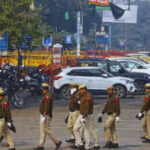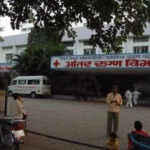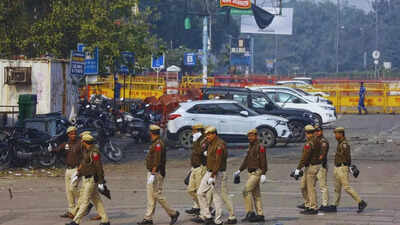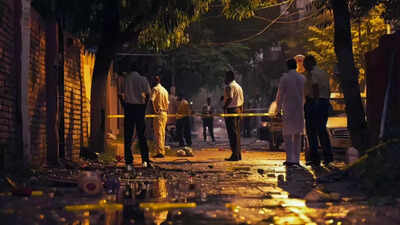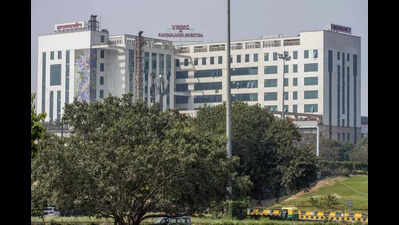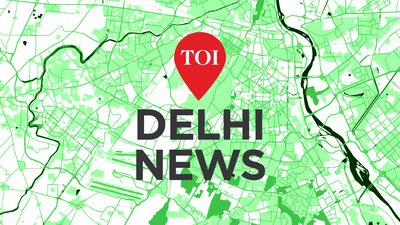New Delhi: Delhi High Court termed the mixing of domestic sewage with industrial waste entering the Yamuna as “extremely disturbing” on Thursday and demanded answers from the city’s pollution control panel and other authorities.Calling the facts before it “startling”, the special bench of Justices Prathiba M Singh and Manmeet PS Arora said: “Across the city, there is a mixing of domestic sewage with industrial waste and vice-versa. Most industrial units are dumping their waste straight into the drains without treatment.” This has resulted in treated water, coming out of sewage treatment plants (STPs) and common effluent treatment plants (CETPs), getting mixed with untreated wastewater before flowing into the Yamuna.The bench said this way of dumping waste had “neutralised” the entire purpose of treating the waste water.The court was hearing a suo-motu PIL initiated on the basis of a news report regarding waterlogging in the city.The bench ordered Delhi Pollution Control Committee (DPCC) to submit a chart of all industrial areas and the steps being taken for monitoring the treatment of waste discharged by these factories.The court also asked DPCC to inform how many factories and industries were connected to the CETPs at the next hearing. It also asked the anti-pollution body to respond to a report by the special committee the court had set up for the inspection of STPs. The committee had found that most factories were dumping sewage into the drains that feed the river. “The Delhi Pollution Control Committee (DPCC) is directed to be impleaded as a respondent,” the court said. It must place before the court what steps it had taken regularly for “monitoring the treatment of waste”, and whether the factories “have treatment plants and, if so, what treatment is being given (to the waste)”.The report has also shown that CETPs are underutilised and require upgrades. The high court said the action-taken report of Delhi govt seemed to suggest satisfactory performance of STPs and CETPs, which was in contrast to reports by local commissioners and independent experts.“Without going into a blame game, it is clear that in order for any effective steps to be taken to curb pollution in the Yamuna, a comprehensive attempt has to be made on several aspects,” the bench said. It added that a proper plan would be required to understand the stormwater and sewage drain system in Delhi. Once the plan is available, experts would be required to give a report on how the entire network of drains and sewage can run parallelly and be connected to the main drains after the water is treated. The court said that according to an April 2024 order, a drainage master plan was prepared by IIT Delhi in 2018 but was not acted upon.It asked the Delhi govt counsel to bring the April 2024 report and Thursday’s order to the attention of the chief secretary.


